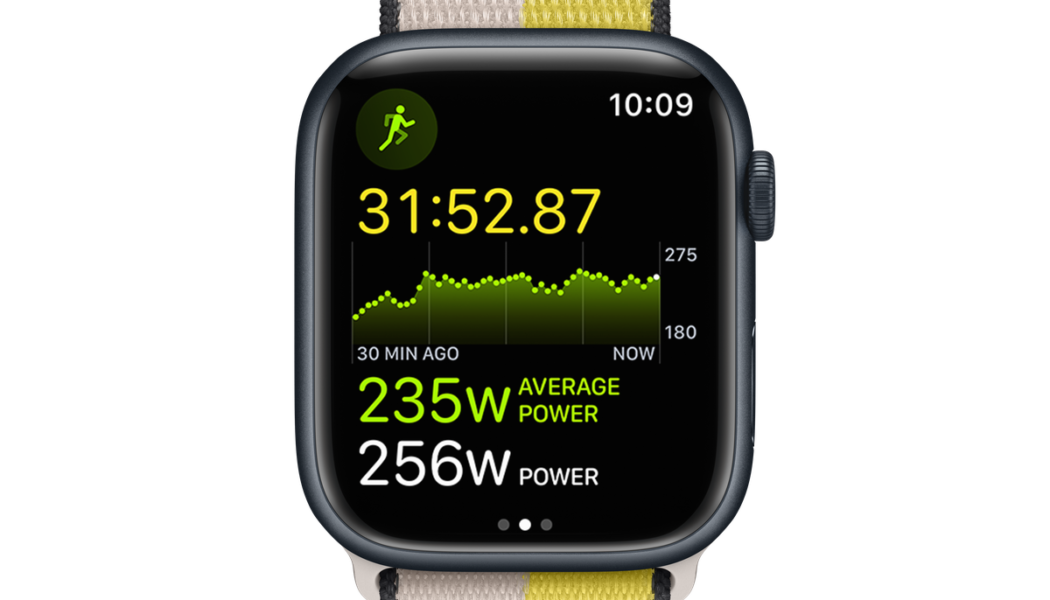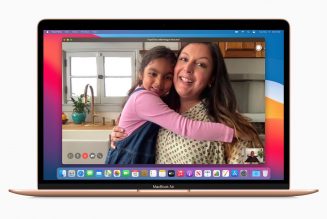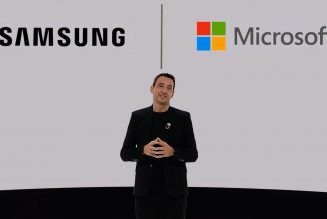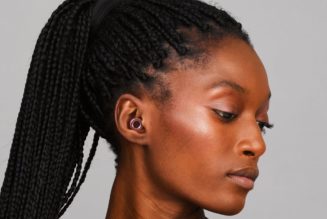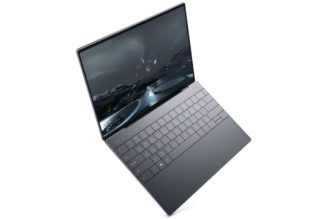At WWDC 2022, Apple announced it was adding a number of big fitness updates to watchOS 9. Most notably, that included a ton of new running metrics, as well as a new multisport mode for triathletes. As a runner and wearables reviewer, the presentation immediately made me think, “Holy guacamole, Apple is gunning for Garmin.”
Right now, smartwatches fall into one of two categories. First, you have full-featured flagship watches. These are the ones with not-so-great battery life, but the most advanced tech. They can call emergency services if you’re injured, have built-in voice assistants, control your smart home, have third-party apps, enable advanced health features like EKGs, and support cellular connectivity. The Apple watch obviously falls into this category.
The second category is essentially fitness trackers in a smartwatch shell — and within that category, there are multisport GPS watches. These watches have massive battery life, but generally don’t bother with power-hungry displays. They rely on your phone for things like taking calls, but often make up for it with stellar GPS and more data than the average person can comprehend. These are your Garmin, Polar, and Coros watches.
:no_upscale()/cdn.vox-cdn.com/uploads/chorus_asset/file/23614906/Apple_WWDC22_watchOS_9_Workout_power_220606.png)
Generally, dedicated athletes have to make a choice between the two categories — you want a multifunction smartwatch for everyday use or a more specific tool for tracking exercise and workouts? With watchOS 9, it appears that Apple is trying to draw in more people within the running community by dangling the prospect of a watch that can do it all.
WatchOS 9 introduces several metrics that you’d normally find on a Garmin or Polar watch. That includes metrics like power output, stride length, cadence, and vertical oscillation. It also adds new workout views that include charts for elevation, custom interval runs, pace alerts for a set distance, and the ability to compete with yourself on routes you commonly run. You can even now set heart rate zones, something that’s been a huge omission for truly dedicated athletes. The question is what can you do with all this extra data.
“I think the next step from here is taking all this data that watchOS 9 is capturing and curating it into an actionable plan,” says Carson Caprara, vice president of footwear product management and merchandising at Brooks Running. “While form metrics are valuable, it can leave some runners a bit flummoxed on what to do with it. There is incredible value in taking this data and using it to ensure that everyone has a coach on their side encouraging them to take the next step.”
:no_upscale()/cdn.vox-cdn.com/uploads/chorus_asset/file/23242340/vsong_220209_5015_0006.jpg)
Rumor has it that Apple plans to launch a premium, rugged version of the Apple Watch later this year. watchOS 9’s increased focus on running data and triathlete support seems to back that up. On paper, it looks like Garmin and Polar should be feeling the heat. However, they still have the edge when it comes to one major feature: battery life.
“For runners using watches, battery life is indispensable to the experience,” says Caprara. “It can be a huge barrier, effectively rendering a run non-existent if the battery runs out. If there’s even a remote risk, the value is diminished.”
Apple hasn’t strayed from its 18-hour battery life claim in what feels like a lifetime. If you ask, Apple Watch loyalists won’t hesitate to tell you their charging regimen to get around the fact that it needs daily charging. But the Garmin and Polar fans love getting a minimum of 14 days on a single charge and somewhere between 30-40 hours of GPS activity. In comparison, you get roughly 5-6 hours of GPS activity on the Apple Watch. That’s more than enough for the average person, but it still requires endurance athletes to do a little math or specifically remember to charge up their watch before a run. With a Garmin or Polar, you don’t have to think about it at all. You can just go.
On top of that, longer battery is more convenient than scheduled fast charging if you prioritize sleep tracking. You’ve also got a better shot of sticking with a device if you don’t have to take it off quite as often.
“Longtime, experienced runners who use watches tend to understand metrics like pace pretty well,” says Caprara. “Casual runners, on the other hand, don’t have that readily available to them. With watchOS 9, it encourages them to ask more questions about their run and make them more proactive in the experience of running.”
:no_upscale()/cdn.vox-cdn.com/uploads/chorus_asset/file/23420228/vsong_220426_5172_0008.jpg)
Apple may not have an easy time persuading folks used to super long battery life to switch over to its ecosystem. After all, it’s not the first to add these metrics to a flagship smartwatch. Samsung has had in-depth running metrics for some time, though its mediocre execution hasn’t won over the Garmin crowd.
However, Apple might play a big role in introducing broader running metrics into the mainstream. That in turn could enable research on a much larger scale. For instance, the Apple Heart Study using the Apple Watch had an unprecedented 400,000 participants.
“What’s exciting for us in the running industry is the opportunity to look at form measurement and match it to performance,” says Caprara. “With these metrics available from a broader community of runners, ranging from casual to elite, it will advance studies into biomechanics and the correlations between running form and performance.”
Even so, it’s hard to imagine the vast majority of Garmin users abandoning the platform. Warranted or not, battery life is still a big reason why some people opt for Fitbit, Garmin, and Polar devices. Now if Apple were to figure out multi-day battery life? That’d be an entirely different story.
